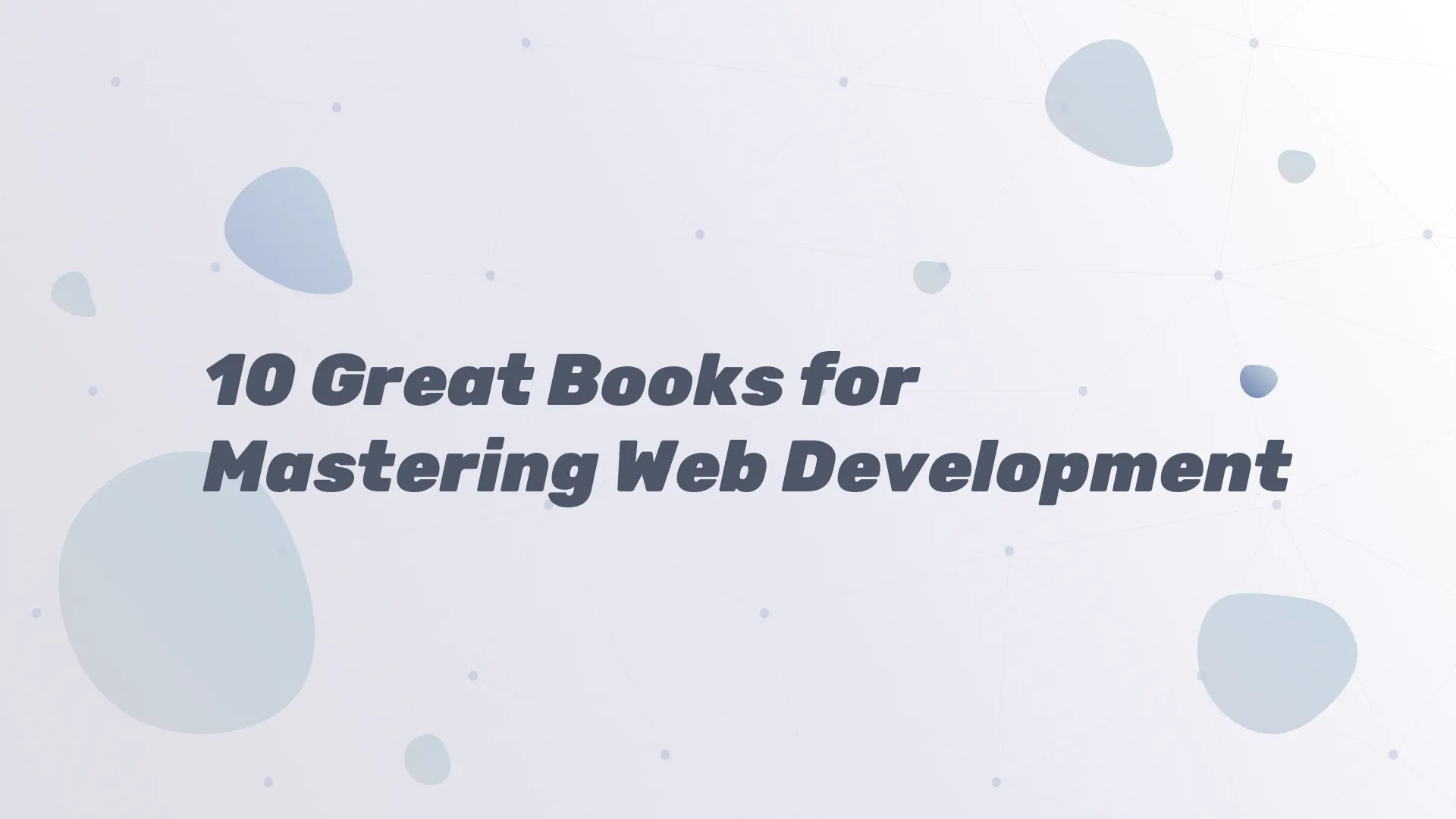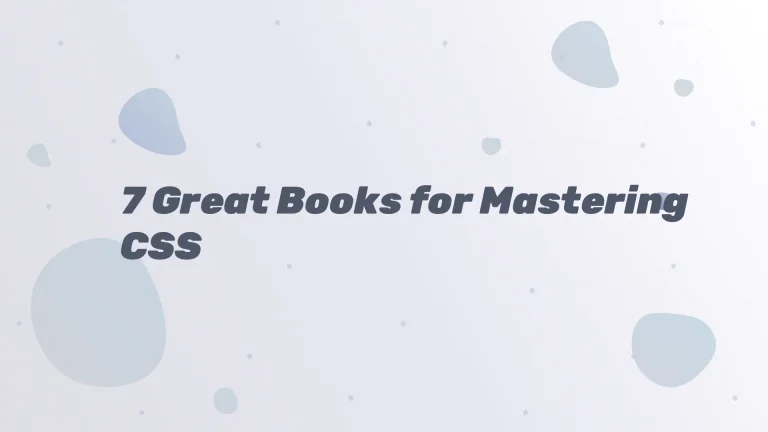Introduction:
In the ever-evolving landscape of technology, mastering web development has become a crucial skill for those looking to make their mark in the digital realm. As the backbone of the internet, web development encompasses a diverse range of languages, frameworks, and tools. Whether you’re a beginner seeking a solid foundation or an experienced developer aiming to stay ahead, the right books can be your guiding light on this coding journey. In this article, we’ll explore ten great books that stand out in the realm of web development, offering insights, hands-on exercises, and expert advice to help you unlock the secrets of the web.
“Eloquent JavaScript” by Marijn Haverbeke:
Kicking off our list is a modern classic in the world of JavaScript programming – “Eloquent JavaScript” by Marijn Haverbeke. This book takes a hands-on approach, guiding readers through the fundamentals of JavaScript and gradually escalating to more advanced topics. With interactive code examples and engaging exercises, it’s an excellent choice for both beginners and seasoned developers looking to deepen their understanding of JavaScript.
“HTML and CSS: Design and Build Websites” by Jon Duckett:
For those taking their first steps into web development, understanding the foundation of HTML and CSS is paramount. Jon Duckett’s “HTML and CSS: Design and Build Websites” is a visually stunning book that simplifies these core technologies. Filled with clear explanations and beautiful illustrations, it’s an ideal resource for beginners looking to create aesthetically pleasing and responsive web pages.
“You Don’t Know JS” by Kyle Simpson:
JavaScript can be a tricky language to master fully, and “You Don’t Know JS” by Kyle Simpson is here to bridge that gap. This book is a comprehensive series that delves into the intricacies of JavaScript, unraveling its complexities in a way that’s accessible and engaging. From closures to asynchronous programming, Simpson covers it all, making this series a must-read for anyone serious about JavaScript mastery.
“Fluent Python” by Luciano Ramalho:
Transitioning from web development basics to more nuanced aspects of programming, “Fluent Python” by Luciano Ramalho is a treasure trove of knowledge. Although not specifically focused on web development, this book teaches you how to write Pythonic code – a skill crucial for backend development. Learn how to write clean, efficient, and expressive Python code that seamlessly integrates with web applications.
“Node.js Design Patterns” by Mario Casciaro:
Asynchronous programming is a key concept in modern web development, and “Node.js Design Patterns” by Mario Casciaro provides invaluable insights into mastering it with Node.js. This book explores various design patterns and best practices for building scalable and maintainable web applications using Node.js. Whether you’re a backend developer or a full-stack enthusiast, understanding these patterns is essential for crafting robust applications.
“React Up and Running” by Stoyan Stefanov:
In the realm of frontend development, React.js has emerged as a dominant library for building user interfaces. “React Up and Running” by Stoyan Stefanov serves as a comprehensive guide to mastering React. From the basics to advanced concepts like state management and component lifecycle, this book equips you with the knowledge to create dynamic and efficient user interfaces.
“Django for Beginners” by William S. Vincent:
Django, a high-level Python web framework, empowers developers to build web applications quickly and efficiently. “Django for Beginners” by William S. Vincent is an excellent resource for those looking to harness the power of Django. This book provides step-by-step instructions, practical examples, and best practices for building robust web applications with Django, making it an indispensable guide for Python developers.
“Clean Code: A Handbook of Agile Software Craftsmanship” by Robert C. Martin:
Moving beyond specific programming languages and frameworks, “Clean Code” by Robert C. Martin is a timeless masterpiece that every web developer should read. While not exclusive to web development, the principles outlined in this book are crucial for writing maintainable and scalable code. Learn how to write code that is not only functional but also elegant, readable, and easy to maintain throughout the lifecycle of a project.
“The Pragmatic Programmer: Your Journey to Mastery” by Dave Thomas and Andy Hunt:
“The Pragmatic Programmer” by Dave Thomas and Andy Hunt is a classic that transcends language and framework boundaries. Packed with practical advice, tips, and techniques, this book provides insights into the mindset and practices that separate good programmers from great ones. It covers a wide range of topics, from coding techniques to career management, making it a must-read for developers aspiring to reach the pinnacle of their craft.
“Web Development with MongoDB and Node.js” by Jason Krol:
Closing our list is “Web Development with MongoDB and Node.js” by Jason Krol. This book explores the synergy between MongoDB, a NoSQL database, and Node.js, a JavaScript runtime. By combining these technologies, developers can create scalable and efficient web applications. The book covers the entire development process, from setting up the environment to deploying the application, making it a practical guide for those interested in full-stack development.
Conclusion:
Embarking on the journey of web development is both exciting and challenging, but with the right resources, it becomes an enriching experience. The books mentioned in this article offer a diverse and comprehensive approach to learning web development, catering to beginners and seasoned developers alike. Whether you’re diving into the intricacies of JavaScript, exploring the world of frameworks, or refining your coding practices, these books are invaluable companions on your path to mastering web development. So, grab a cup of coffee, open the pages, and let the coding adventure begin!





